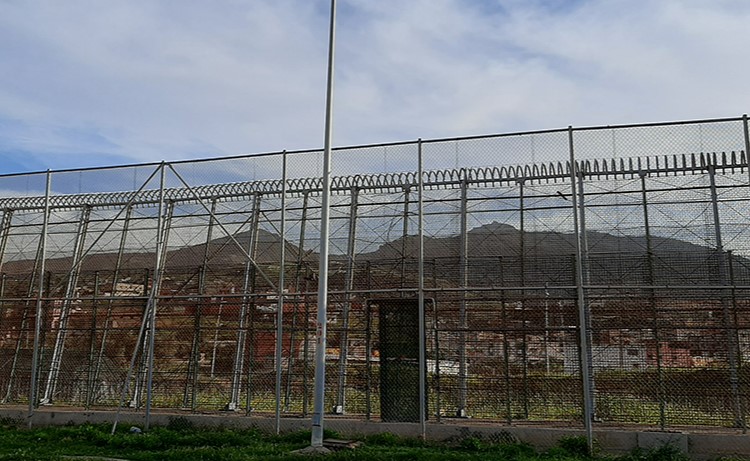The Diplomat
The Spanish Commission for Refugee Aid (CEAR) has just presented its annual report for 2022, in which it praises the reception of Ukrainian refugees in Spain, an example that “when there is political will, rights can be guaranteed and unnecessary suffering avoided”, but, at the same time, it demands “an independent and impartial investigation” into the death of 23 people at the Melilla fence, “the worst tragedy on the land border between Spain and Morocco”.
The report, made public yesterday, warns that the invasion of Ukraine has made it clear “that no one is safe from having to seek refuge” and has resulted in “a humanitarian crisis for which more than 7.8 million people have had to flee the country.” “However, this time the European Union did react in time and activated for the first time the Temporary Protection Directive for people who had to flee this country”, the text continues.
“European countries, including Spain, have shown that when there is political will, rights can be guaranteed and unnecessary suffering can be avoided, something that unfortunately did not happen in other humanitarian crises, such as Syria, Yemen or Sudan,” says CEAR, which asks, therefore, that this “historic measure” be extended “to other people who have to leave their countries for similar situations, regardless of origin, to always be a refuge from war.”
CEAR also recalls that “the Spanish government launched the innovative Centers for Reception, Attention and Referral (CREADE) in Malaga, Alicante, Barcelona and Madrid so that people fleeing this conflict can register their applications for temporary protection in an agile way and can be given an answer within 24 hours and guarantee their rights while the conflict continues”. According to the organization, this model “should be expanded and extended to all persons arriving in our country” requesting international protection, as it would allow a process of registration and access to the system through these “single windows of asylum” for subsequent formalization, study and channeling through the usual channels.
On the other hand, the CEAR report warns that, “unfortunately, the response to people who have to flee African countries has remained the same: externalization of borders and violence against those who try to obtain protection in a safe country”. “In the case of Spain, the tragedy of Melilla has been the maximum exponent of these migration policies that cause deaths, continuous violations of human rights and prevent access to adequate protection,” denounces the organization.
In this sense, CEAR recalls that, last June 24, “at least 23 people died, 77 are still missing and 470 were returned without the guarantees provided by law, after an attempt to jump the fence of Melilla“. It is “the worst tragedy on the land border between Spain and Morocco,” the report states.
“Testimonies of people who managed to enter Melilla and the images that have come to light show the violence with which the Moroccan and Spanish security forces were used,” it continues. “The archiving of the investigations by the Public Prosecutor’s Office has only endorsed the need for an independent and impartial investigation in order to provide justice, reparation and thus prevent these tragic events from being repeated repeatedly at European borders,” warns the organization.







